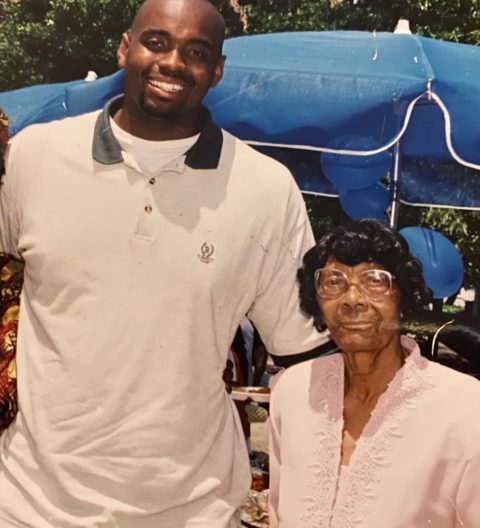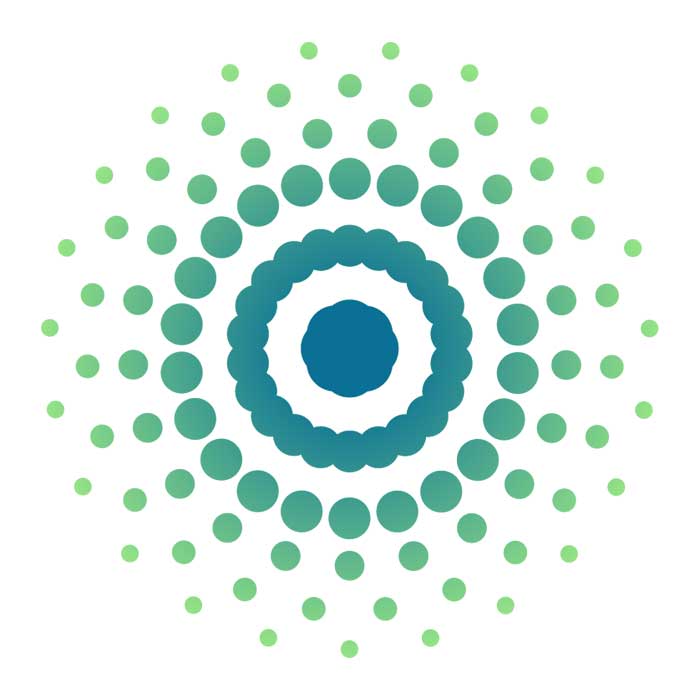
Brian Stanley is Energy Foundation’s new Senior Vice President and Chief Operating Officer. He oversees Finance, Human Resources, Grants Management, and IT/Knowledge Management, ensuring proper staffing, efficient operations, and the establishment and implementation of accurate systems and departmental goals and objectives. Brian previously worked for Hamilton Families, a non-profit whose mission is to end family homelessness in the San Francisco Bay Area, and for the Oakland Public Education Fund and San Francisco Education Fund.
We sat down with Brian on a rainy afternoon in San Francisco to talk about what inspires him, what he cares about, and his vision for Energy Foundation.
You previously worked for organizations focused on homelessness and education. What interests you about climate and clean energy policy?
On one hand, I have children and worry a good deal about the world they will inherit. I’ve been fortunate to work in organizations whose work tries to make the world a little better so people can thrive. On the other hand, climate and clean energy are new to me, and so I enter this work humble and excited to learn from my colleagues. I appreciate their efforts to help me understand how we are helping to create a clean energy present and future that works for all. It’s pretty dope and I’m excited to learn more.
You bring a lot of heart to an area of work—operations—that could be viewed as being all about systems and processes.
It’s all about people! Apple Co-founder Steve Jobs said, “We’re here to put a dent in the universe,” which strikes me as a ringing endorsement for doing hard things with friends. Operational and programmatic alignment is essential in tackling hard problems because it enables us to put our collective genius to work on developing solutions and delivering on our promises to people and communities. Ultimately, healthy organizations enable people to bring their best selves to work every day and that’s what I enjoy doing: helping organizations become great places to work so that people do their best work collectively. And I’m excited to help do this work with the folks here at Energy Foundation.
What are you interested in tackling in 2020?
Of course all the usual things like systems, processes, tools to help us collaborate and learn together. We’ve also got some vacancies in Human Resources and Finance that we need to fill with great people as soon as possible. More broadly, I’m interested in how we manage and lead people here, particularly for our mid-level leaders. The way you are managed is an essential aspect in helping people bring their best selves. Hence I’m curious to understand how we’ve done that here and how will we learn from and build on what’s worked.
I’m also interested in the work that Energy Foundation has prioritized on Diversity, Equity, and Inclusion (DEI). Philanthropy in general—and, as I understand it, this sector in particular—has a lot of work to do and it is critically important that we do it. Recently, I read a recent New York Times piece on homelessness in Oakland, where I live, and a good number of folks are experiencing homelessness because they were displaced by California’s wildfires, Gulf Coast hurricanes, or some other climate-related disasters. This makes clear that the work of the Energy Foundation is ultimately about helping to improve lives and communities. And the success of that work depends upon our ability to engage with communities and our DEI work is essential in deepening our ability to do just that.
How do you approach DEI/cultural work in an organization?
Making organizations more diverse, equitable, and inclusive is work that requires, what Dr. Martin Luther King, Jr. called the “fierce urgency of now.” You’ve got to have a rock-solid commitment to undertaking this type of work and an unshakeable belief that we can do it. Anything less and you will waver as soon as it gets real. For me, I think about this type of work as justice work and that motivates me to keep working at it.
A lot of people are open to the work, but don’t know where to start.
We have to start with empathy for each other. Every system is exquisitely designed to get the results it produces. And we have systems in our country that have produced wildly inequitable results for so long that it’s easy to think this is the way it is supposed to be. It can be overwhelming and scary to learn this and the ways in which we all contribute to those systems. But this initial understanding is essential to unlocking our ability to contribute to ending these unjust systems and building a world where everyone thrives.
This is super-hard, and more often than I’d like to admit I’m not sure it’s gonna work. That’s why I’m a trustee for the National Equity Project, which is a consulting organization that helps organizations—primarily in education but also in philanthropy and some other sectors—to become more equitable and just. It’s been wonderful to watch them do remarkable work helping leaders and systems do just this, and it’s kept me hopeful that organizations can change—because I’ve seen it happen.
Who has inspired you, helping to make you who you are today?

I’ll start with my grandmother, Ms. Annie Mae Moore. She was part of the Great Migration of African-Americans who moved from Southern states to the Northeast, Midwest, and West. She migrated from a small town in Louisiana to San Francisco. My grandfather died when my mom was young, and Granny held it down and raised my mom and my uncle by herself. She was a Southern Baptist through and through and her faith made her a woman of incredible power. She always reminded me of the importance of being kind to people and treating them well because they mattered to God and they should matter to you. Her kindness, wisdom, and grace made her stand out in all the right ways.
My other motivation are my two boys—T.J. is almost 12 and Parker is 9. My wife and I are raising them to treat people with decency and kindness…just like Granny would have insisted. Honestly, they are brothers, so some days just getting them to be kind to each other at breakfast is a…challenge. Nevertheless, we spend a lot of time helping them understand the world around them and teaching them how to stand for justice in a world where it seems too often the meanest and cruelest people win. We are committed to raising kids who stand in solidarity with others fighting to make the world more just. Without a doubt this is the hardest, most important, and the best thing I do every day.
What is your hope for Energy Foundation?
My hope for Energy Foundation is that it continues to be a place where people want to come to work and commit to the work we do here now and the work we will do here. Who knows going forward what the shape of that work will look like. I’m struck by the fact that Energy Foundation has recently gone through some pretty substantial transitions in how it does its work, and folks seem really excited about that. They’re fired up about it, and they should be—it’s pretty spectacular work. That energy needs to continue to grow. There should always be a desire to think about how we can best position ourselves, because the world can’t wait for our success here…so let’s go.
